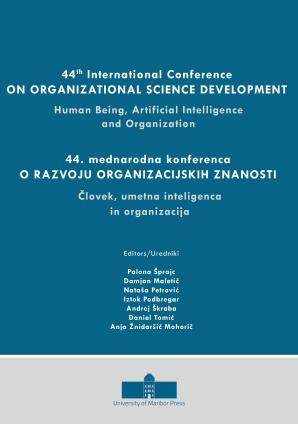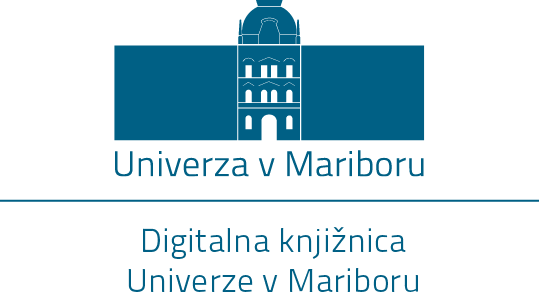Fake News in the Digital Age: the Role of Science and Media Literacy in Identifying Truth
Kratka vsebina
In the digital age, called the post-truth era, emotions and beliefs frequently overshadow objective facts. The concept of "post-truth," Oxford Dictionary's Word of the Year in 2016, underscores the influence of fake news, conspiracy theories, and opinion-driven narratives in distorting perceptions of reality. The 2024 oooScience! project study, conducted as part of the European Researchers' Night and Researchers at Schools initiative of the Marie Skłodowska-Curie Actions (MSCA) & Citizens examined the ability of 921 respondents to distinguish fake news from credible information. The research, involving diverse groups such as the general public, educators, high school students, and event attendees, revealed the critical role of science and media literacy in combating misinformation. Accessible scientific communication emerged as a key tool for fostering trust in science and bridging gaps between experts and the public. These findings highlight the importance of collaborative educational strategies to enhance media literacy, build resilience against fake news, and empower individuals to make informed decisions in the digital age.







